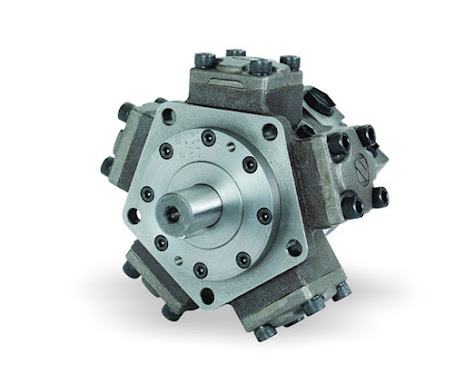In a world increasingly conscious of the need for sustainable practices, the marine industry is no exception. The quest for more eco-friendly and efficient solutions has led to remarkable innovations, such as marine electric motors and fresh water generators. In this blog, we'll explore the benefits and significance of marine electric motors for sale, as well as the critical components of fresh water generators: the evaporator plates and condenser plates.
The Rise of Marine Electric Motors for Sale
Marine Electric Motor for sale are revolutionizing the way boats and ships are powered. Traditionally, vessels have relied on internal combustion engines that burn fossil fuels, contributing to pollution and greenhouse gas emissions. Marine electric motors, on the other hand, utilize electricity as the primary source of propulsion. This eco-friendly approach comes with several advantages:
Zero Emissions: Perhaps the most significant advantage of marine electric motors is their zero-emission nature. They produce no direct exhaust emissions, reducing air pollution and minimizing the environmental impact on marine ecosystems.
Silent Operation: Electric motors operate more quietly than their traditional counterparts. This not only enhances the overall experience for passengers and crew but also reduces noise pollution, which can be harmful to marine life.
Energy Efficiency: Electric motors boast higher energy efficiency compared to internal combustion engines. They convert a higher percentage of electrical energy into usable mechanical energy, resulting in less wasted energy and reduced operating costs.
Simplified Maintenance: Electric motors have fewer moving parts than traditional engines, leading to decreased maintenance requirements and lower maintenance costs over time.
Regenerative Braking: Some marine electric motors have regenerative braking capabilities, meaning they can recover energy when slowing down or stopping, further improving efficiency.
Fresh Water Generators: Ensuring Sustenance at Sea
For ships that embark on long voyages, access to fresh water is vital for sustaining the crew and passengers. Fresh water generators provide a practical solution to this challenge. These generators use the process of distillation to convert seawater into fresh water, making it safe and suitable for consumption and various onboard purposes.
Two essential components of a Fresh Water Generator Evaporator Plates are the evaporator plates and condenser plates:
Evaporator Plates: These plates are responsible for heating the seawater to its boiling point, causing it to evaporate. As the water vapor rises, it leaves the impurities and salts behind, resulting in fresh water vapor.
Condenser Plates: Once the seawater has evaporated and turned into vapor, it needs to be condensed back into liquid form to produce fresh water. Condenser plates play a crucial role in cooling and condensing the water vapor, converting it back into a liquid state.
The Environmental Impact
While the process of converting seawater into fresh water is essential for maritime operations, it's equally important to ensure that these systems are designed and operated with Fresh Water Generator Condensor Plates sustainability in mind. Some modern fresh water generators incorporate energy-efficient technologies and waste heat recovery systems, further reducing their impact on the environment.
The marine industry is making significant strides toward a more sustainable future with innovations like marine electric motors and fresh water generators. Marine electric motors offer a cleaner, quieter, and more efficient alternative to traditional engines, contributing to reduced emissions and a healthier marine ecosystem.
Fresh water generators play a vital role in ensuring the well-being of crew and passengers during long journeys at sea, with evaporator plates and condenser plates performing critical functions in the distillation process.
As the demand for environmentally friendly solutions continues to grow, the widespread adoption of these technologies will not only benefit the marine industry but also contribute to global efforts to protect our planet's precious resources. Embracing eco-friendly innovations is a step in the right direction toward a sustainable and prosperous maritime future.


Comments
Post a Comment